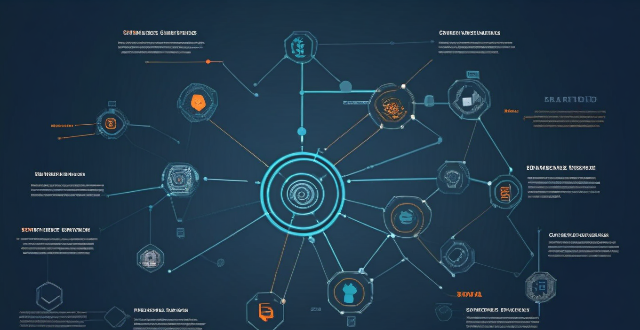The article discusses several potential issues with blockchain technology, including lack of regulation, scalability concerns, security vulnerabilities, and interoperability challenges. It highlights the need for clear legal and compliance guidelines, tax treatment standards, improved transaction speeds, reduced energy consumption, ongoing security measures, thorough smart contract testing, and increased standardization across different blockchains. Overall, while blockchain offers many potential benefits, these challenges must be addressed in order for the technology to reach its full potential.

Introduction
Blockchain technology has gained widespread attention in recent years, especially with the rise of cryptocurrencies like Bitcoin. While blockchain offers many potential benefits, such as increased transparency, security, and decentralization, there are also several drawbacks and challenges associated with its implementation. In this article, we will explore some of these potential issues.
Lack of Regulation
Legal and Compliance Risks
One of the main challenges facing blockchain is the lack of clear regulations and standards governing its use. This can lead to legal and compliance risks for businesses and individuals using the technology. For example, if a company stores sensitive customer data on a blockchain, they may be subject to data protection laws that require specific safeguards to be in place. Without clear guidelines, it can be difficult for companies to ensure they are complying with all relevant regulations.
Uncertainty Regarding Tax Treatment
Another issue related to regulation is uncertainty regarding tax treatment. Cryptocurrencies, which often rely on blockchain technology, have been the subject of much debate over how they should be taxed. Different countries have taken different approaches, leading to confusion and potentially significant tax liabilities for individuals and businesses involved in cryptocurrency transactions.
Scalability Issues
Slow Transaction Speeds
One of the biggest challenges facing blockchain is scalability. As more transactions are added to the network, the system can become slower and less efficient. This can be a particular problem for applications that require fast transaction processing, such as online payments or supply chain management systems.
High Energy Consumption
Another issue related to scalability is high energy consumption. Many blockchain networks, including Bitcoin and Ethereum, rely on a process called "proof of work" to validate transactions. This involves miners competing to solve complex mathematical problems, which requires significant computational power and energy resources. As the network grows larger, so does its energy consumption, leading to concerns about the environmental impact of blockchain technology.
Security Concerns
Vulnerability to 51% Attacks
While blockchain is often praised for its security features, there are still potential vulnerabilities that could be exploited by attackers. One such vulnerability is known as a "51% attack," where an attacker gains control of more than half of the computing power on the network. This would allow them to manipulate the ledger and potentially steal funds or disrupt the system. While such attacks are rare and difficult to carry out, they highlight the need for ongoing security measures and monitoring.
Smart Contract Bugs and Vulnerabilities
Smart contracts are self-executing programs that run on top of a blockchain network. While they offer many benefits, such as increased automation and reduced reliance on intermediaries, they also introduce new security risks. Smart contracts can contain bugs or vulnerabilities that could be exploited by attackers, leading to financial losses or other negative consequences. It is essential for developers to thoroughly test and audit their smart contracts before deploying them on a live network.
Interoperability Challenges
Difficulty Integrating with Existing Systems
Another challenge facing blockchain is interoperability with existing systems. Many businesses already have established processes and technologies in place for managing their operations, making it difficult to integrate new blockchain solutions without significant disruption. This can be particularly challenging for large enterprises with complex IT infrastructures.
Limited Standardization Across Different Blockchains
Finally, there is limited standardization across different blockchains, which can make it difficult for them to interact with each other effectively. This lack of interoperability can limit the potential uses of blockchain technology and prevent it from reaching its full potential. Efforts are underway to develop standards that would enable greater interoperability between different blockchain networks, but progress has been slow so far.